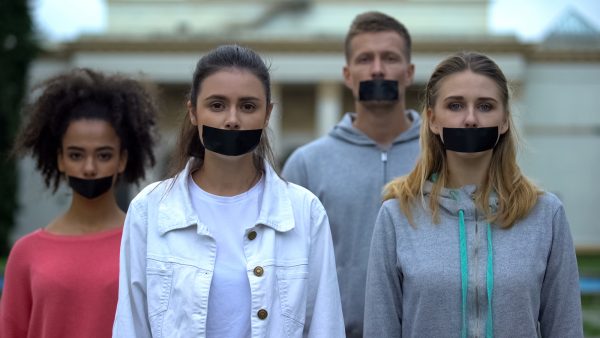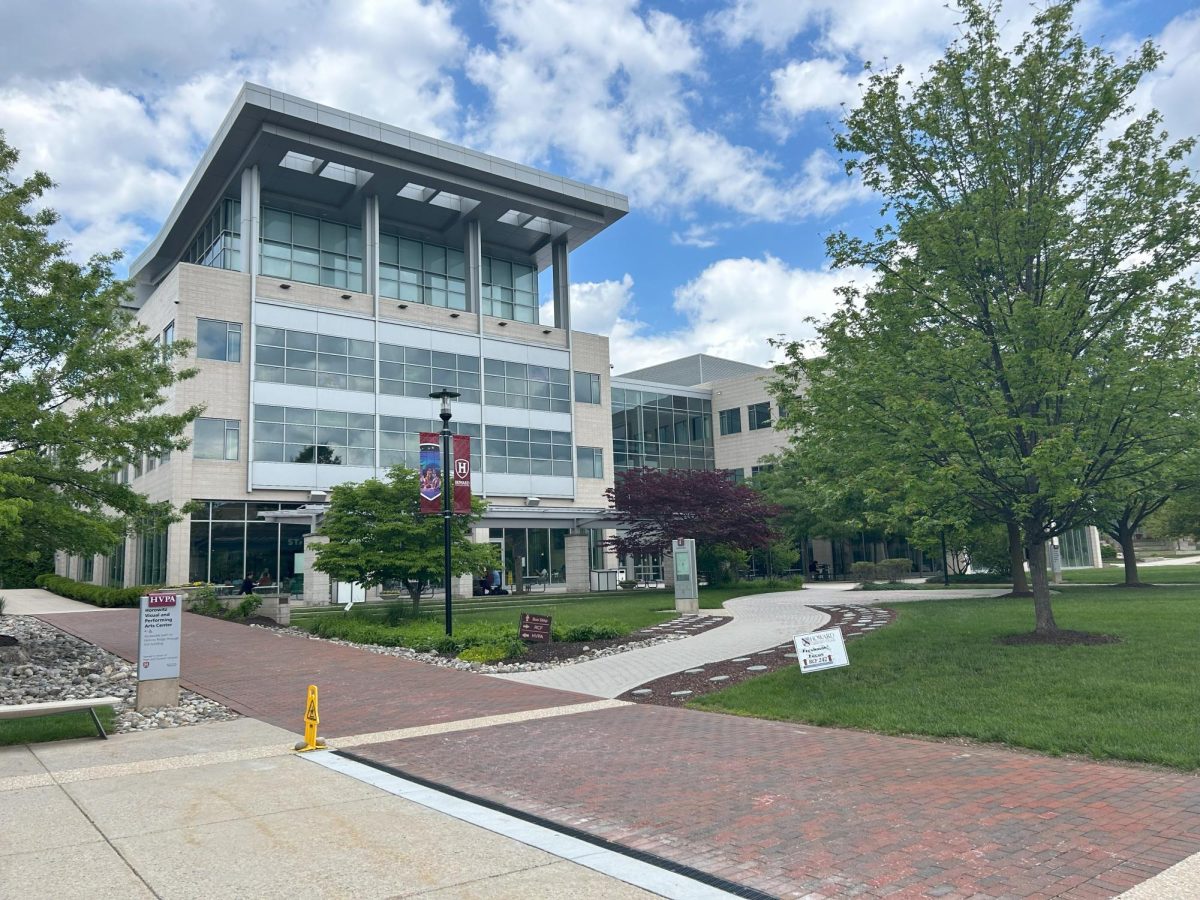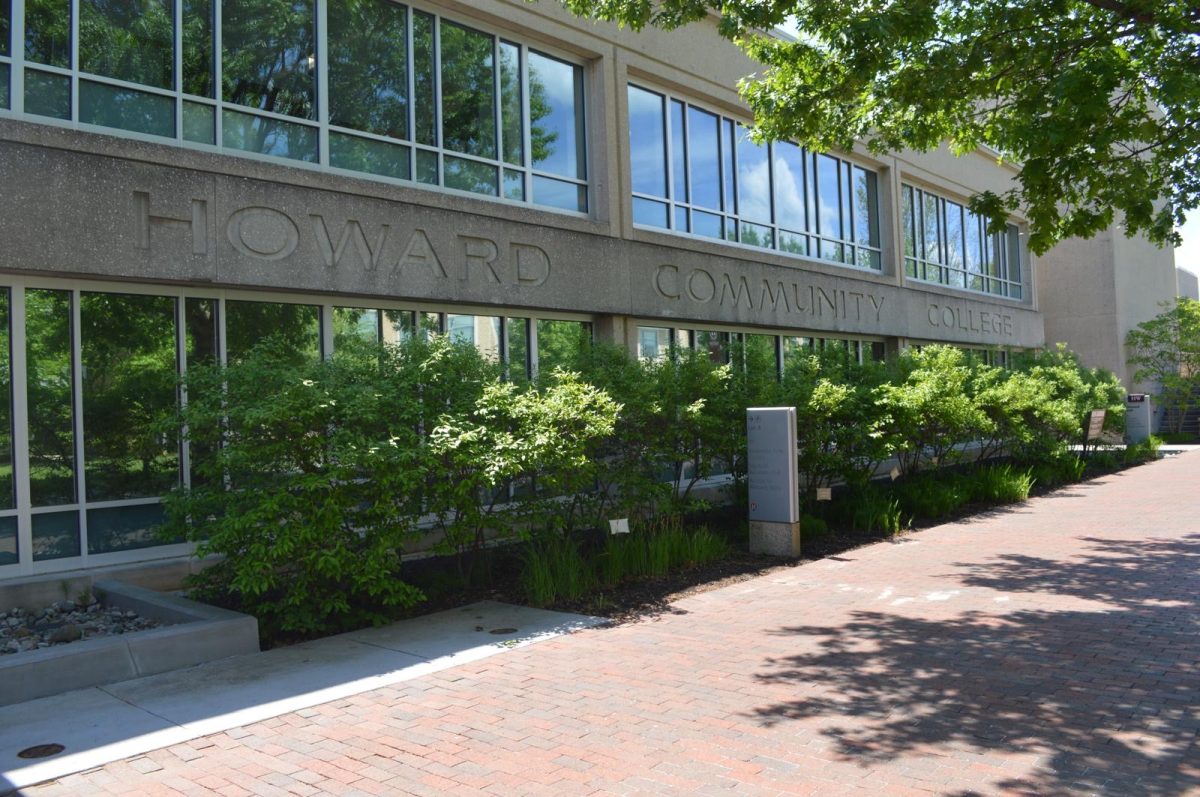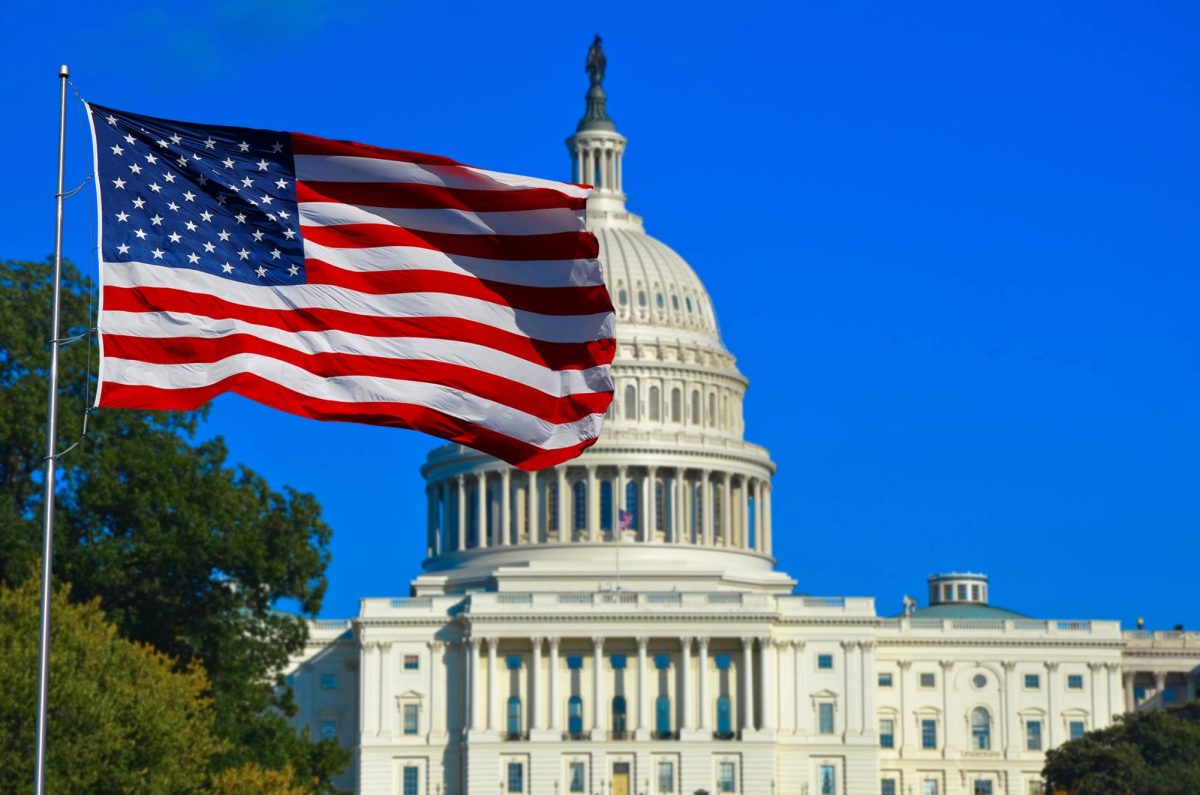A vibrant atmosphere filled the room as students and faculty enjoyed pizza and refreshments at Howard Community College’s annual African-American Read-in. Attendees unwinded as they appreciated evocative African-American literature read by passionate individuals of all ethnicities.
HCC’s Associate Dean of Foundational Learning Dr. Uzzie Cannon led the African American Read-In on February 20th, 2024. The Read-In was conducted in collaboration with The National Council of Teachers of English (NCTE).
“Reading period is important for everyone,” said Dr. Cannon.
The Read-in was held to celebrate African-American Literature and promote multiculturalism on the HCC campus. Many students and faculty felt that the read-in fostered an environment of inclusivity and multiculturalism.
“It’s very important to understand where everyone is coming from,” says Jack Feys, an HCC student studying Business Management who attended. “A read-in like this is important to make us one united community at HCC.”
Dr. Cannon also emphasizes that the Read-in was held to shine a light on the censorship of people of color and African-American literature. Controversy has been brewing for a long time about authors of color being censored for highlighting the more explicit and unsettling side of the African-American experience.
“It helps people to know about the African-American past and what they struggled and persevered through,” said Elijah Akintunde, an HCC student studying Computer Engineering who attended. “They have to learn about the past mistakes and the struggles people have gone through, like discrimination and sexism.”

Teachers, professors, and students alike are beginning to wonder why certain books are censored in academic settings. Politicians who pass legislation censoring literature argue that certain explicit and graphic material can be damaging to adolescents’ understanding of the world. A recent example is the Governor of Florida, whose Florida’s Parental Rights in Education Act is criticized as the “Don’t Say Gay” law, and has been a topic of debate.
“A lot of times, the people who are censoring books are the ones who haven’t even read them,” said Dr. Cannon. She went on to question the effectiveness of passing such legislation and the potential benefits that students are missing out on.
Censorship continues to be at the forefront of public school-related issues around the country, with multiple controversies about whether or not certain literary works are appropriate to teach in public school systems and should be censored.
“If you censor someone, it is like you are devaluing them and their experiences,” says Dr. Cannon.“We don’t all have to be the same, we don’t have to think the same, but we all need to respect each other’s humanity.”
While many educators and faculty members are concerned with the state of censorship in the U.S., many students are unaware of the censorship issue plaguing U.S. schools. Feys expressed shock when initially informed.
“I didn’t know that was happening,” said Feys. “You blind yourself by not allowing yourself to experience other stuff.” Akintunde also expressed surprise at learning of controversies related to censorship.
Recognizing this issue, Dr. Cannon, along with the NCTE, decided that an African American Read-In would be the best to address both promoting multiculturalism and the promotion of non-obscene material that has been censored.

“A college campus is where you get to ask questions and challenge things,” said Dr. Cannon. “It is a safe place — you’re making mistakes, learning. This is the place where you get to test all these different thoughts about humanities, sciences, whatever it is the subject you’re studying.”
Both Feys and Dr. Cannon expressed that multiculturalism is essential to college-level adolescents who are beginning to form their ideas about the world and society. A broadened perspective that highlights multiple cultures can help students get an understanding of where they belong and identify with the world.
The censorship of African-American history and literature gained prominence in 2010 when Texas changed its social studies curriculum to “downplay the role of slavery and minimize racial minorities’ influence.” A recent example of censorship is a misunderstanding where a Florida school district allegedly sent forms home asking permission to “listen to a book written by an African American.”
“I really don’t like that at all,” said Akintunde. “It ruins the whole purpose of people embracing what happened in the past and what they need to learn.” Feys shared the same sentiment regarding the “permission slip” incident.
There has been a recent trend of censorship in U.S. textbooks that tries to paint America in a better light and conceal past wrongdoings. Dr. Cannon disagrees, saying there is no need for censorship unless the material is obscene, further stating that the unfiltered details will help promote multiculturalism on campus.
“So often, we do feel alone in our different experiences. The truth of the matter is we may look different, we may have different cultures, but we are still humans,” Dr. Cannon said.








